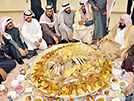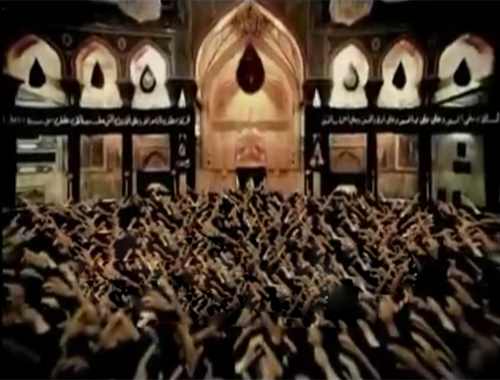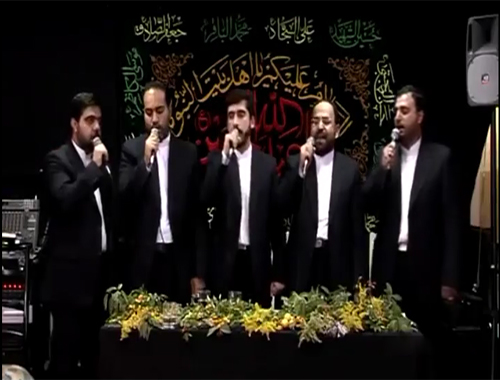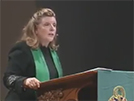3. The Islamic View
- Details
- Hits: 2458
3. The Islamic View
What does Islam prefer? The family system advanced by Islam has combined the advantages of both systems mentioned above and has avoided their disadvantages.
On the one hand, Islam endorses the set-up of the nuclear (or separate) family system since it has clearly defined the people for whom you must provide. On the other hand, it has strongly emphasized on the issue of silatu 'r-rahm (keeping the bond of relationship intact) thus promoting the virtue of helping the relatives.
In Islam, a family can take the following two shapes:
- a couple and their children.
or
- a couple, their parents and their children.
This definition is based on the law which defines the persons whose maintenance is your obligation: your wife, your parents, and your children. These people are your dependents, it is obligatory upon you to provide for them. Imam Ja`far as-Sadiq (a.s.) said:
“The ways of spending one's wealth are twenty-four in all...Thus, the five ways in which spending wealth is obligatory (wajib) are the expenses of the maintenance of one's children, father, mother, wife and slave. These expenses are obligatory upon him whether he is financially in constrain or affluent.”
As for your cousins, uncles and aunts, they are your “relatives” but not your “dependents”. That is, it is not obligatory upon you to provide for your relatives. However, in Islam, it is importance to have good relations with your relatives, and to love, respect and help them. Imam as-Sadiq further says: “And the five strongly recommended expenses are: dedication of perpetual gift, doing good to one's relatives, doing good to other believers, recommended charity and emancipation of slaves.”
Both aspects of this Islamic view are clear from verse 24:61.
There is no blame upon...you if you eat (without permission) in your own houses, the houses of your fathers, the houses of your mothers, the houses of your brothers, the houses of your sisters, the houses of your paternal uncles, the houses of your paternal aunts, the houses of your maternal uncles, the houses of your maternal aunts, the house which is in your trust, and the house of your friend.
The verse, on the one hand, clearly mentions separate houses for fathers, mothers, brothers, sisters, uncles and other relatives thus implying that one should not put the burden of his dependants even on one's parents or other family-members forever; one must be self-reliant and self-supporting.
On the other hand, to promote unity, love, friendship, and also to be aware of each other's situation, the verse allows you to go and eat at the houses of your extended family members without prior permission.











